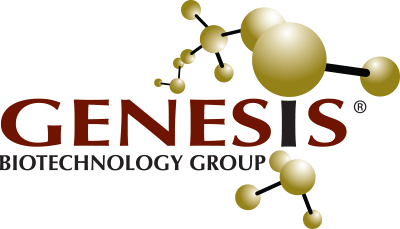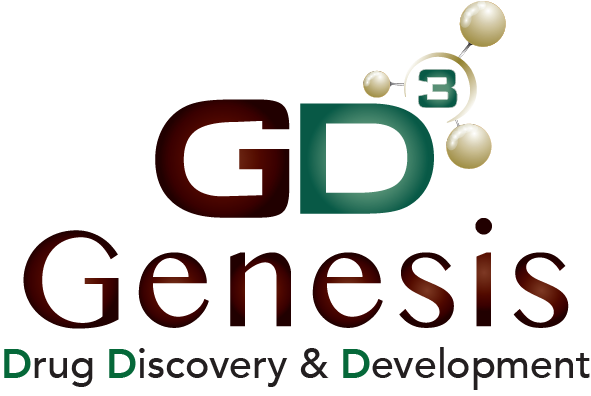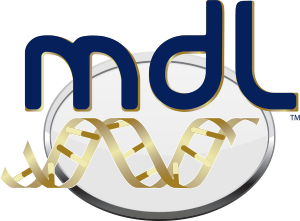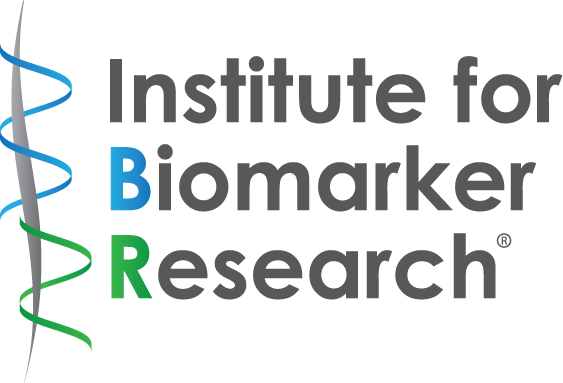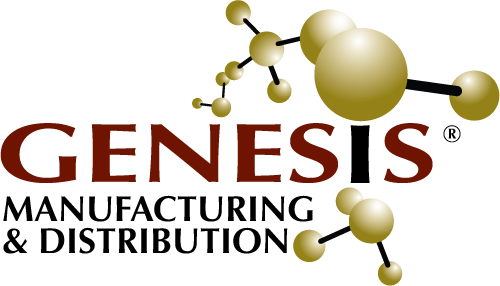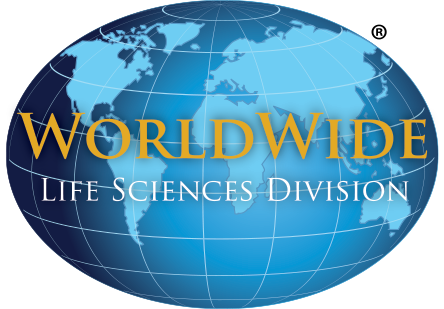Disease Modeling
Oncology Cell Line-Derived and Immuno-Oncology Models
Our oncology program for evaluating test compounds in cell line-derived (CDX), mouse and rat syngeneic, and in humanized (huMice) models offers a unique suite of technologies, scientific expertise, and technical skills for monitoring the effect of your therapeutics on primary and metastatic tumor growth in vivo. Specifically tailored, individual study designs are optimized to meet your needs. Interpretive data analysis and robust summary reports are provided upon completion of each study. GD3's oncology and immuno-oncology disease models facilitate the translation of preclinical findings into clinically effective therapies for cancer patients. For information on our PDX models, please click here.
Types of Oncology and Immuno-Oncology Studies:
- Efficacy studies in all models
- Subcutaneous, orthotopic or disseminated models
- Tolerability, toxicology, PK, PD, response and MOA investigations
- Radiation treatment
- Immunotherapy assessments in syngeneic models or humanized mice
- Combination treatment studies
Our capabilities include:
- Extensive experience in the fields of oncology and immuno-oncology
- Sophisticated surgery techniques for orthotopic tumor implantation and primary tumor excision
- Experience with xenograft tumor models in humanized mice
- Expertise in noninvasive bioluminescence imaging for tracking orthotopic and metastatic tumor growth
- Testing therapeutics in combination with targeted radiotherapy using our small animal radiation research platform
- Biomarker analysis of tumor, lymphoid tissues and blood
- Multiplex analyses of cytokines, hormones, and other analytes
- Flow cytometry analysis of tumor-infiltrating lymphocytes
- Gene expression analysis by PCR and RT-qPCR
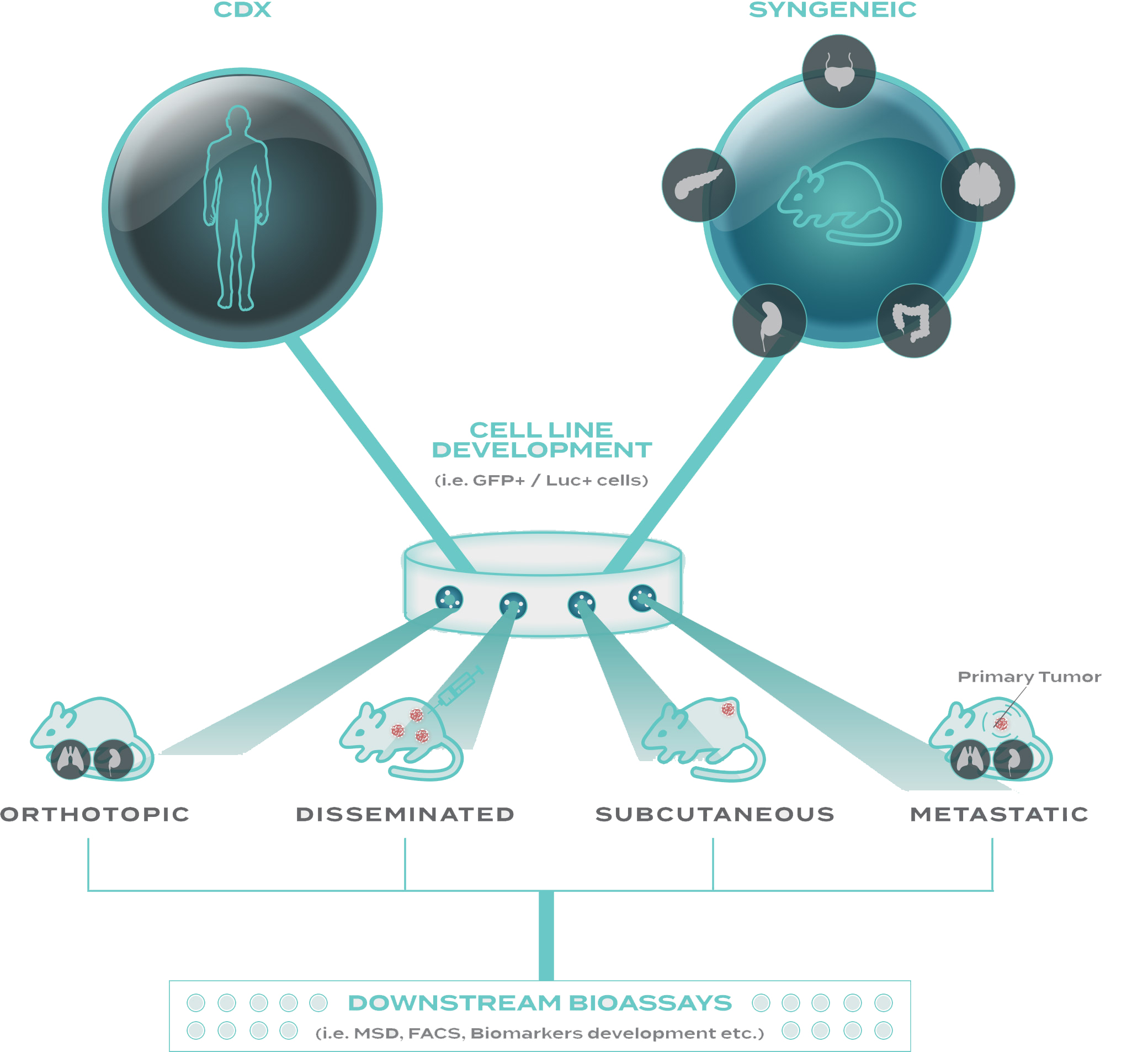
-
GD3 has a growing biobank of murine syngeneic and human cancer-derived cell line models. These cell lines can be implanted as orthotopic, subcutaneous, metastatic, or disseminated models. Human CDX models are valuable, well-characterized, preclinical tools for assessing the efficacy, safety, and mechanisms of action of cancer therapeutics. In murine syngeneic models, cancer cell lines derived from a specific mouse strain are implanted into immunocompetent mice of the same strain. This allows tumor growth to occur in the presence of a genetically matched, functional immune system and can be used to simulate the tumor microenvironment and immune response to develop novel immuno-oncology treatments that leverage the immune system to combat cancer.
Our well-characterized CDX and murine syngeneic models include, but are not limited to, bladder, lung, breast, colon, kidney, myeloid leukemia, mesothelioma, ovarian, myoblast, prostate, melanoma, lymphoblast, brain, cervical, pancreatic and other cancers.
-
Humanized mice are immunodeficient mice in which the human immune system is partially reconstituted. This enables the investigation of agents that target proteins that do not have a close mouse orthologue and so cannot be studied in syngeneic mouse models. In these instances, reconstituting a human immune system within a mouse can provide a suitable preclinical model to evaluate immuno-oncology therapeutics. Our preferred model is to inoculate CD34+ human stem cells into immunodeficient mice after irradiation to generate niches for human immune cell engraftment. For efficacy studies, we follow engraftment success by flow cytometric analysis to confirm the presence and level of human immune cells prior to inoculation with tumor cells. In addition, we can also regenerate aspects of the human immune system by engrafting human PBMCs from preferred donors.
Learn more about











